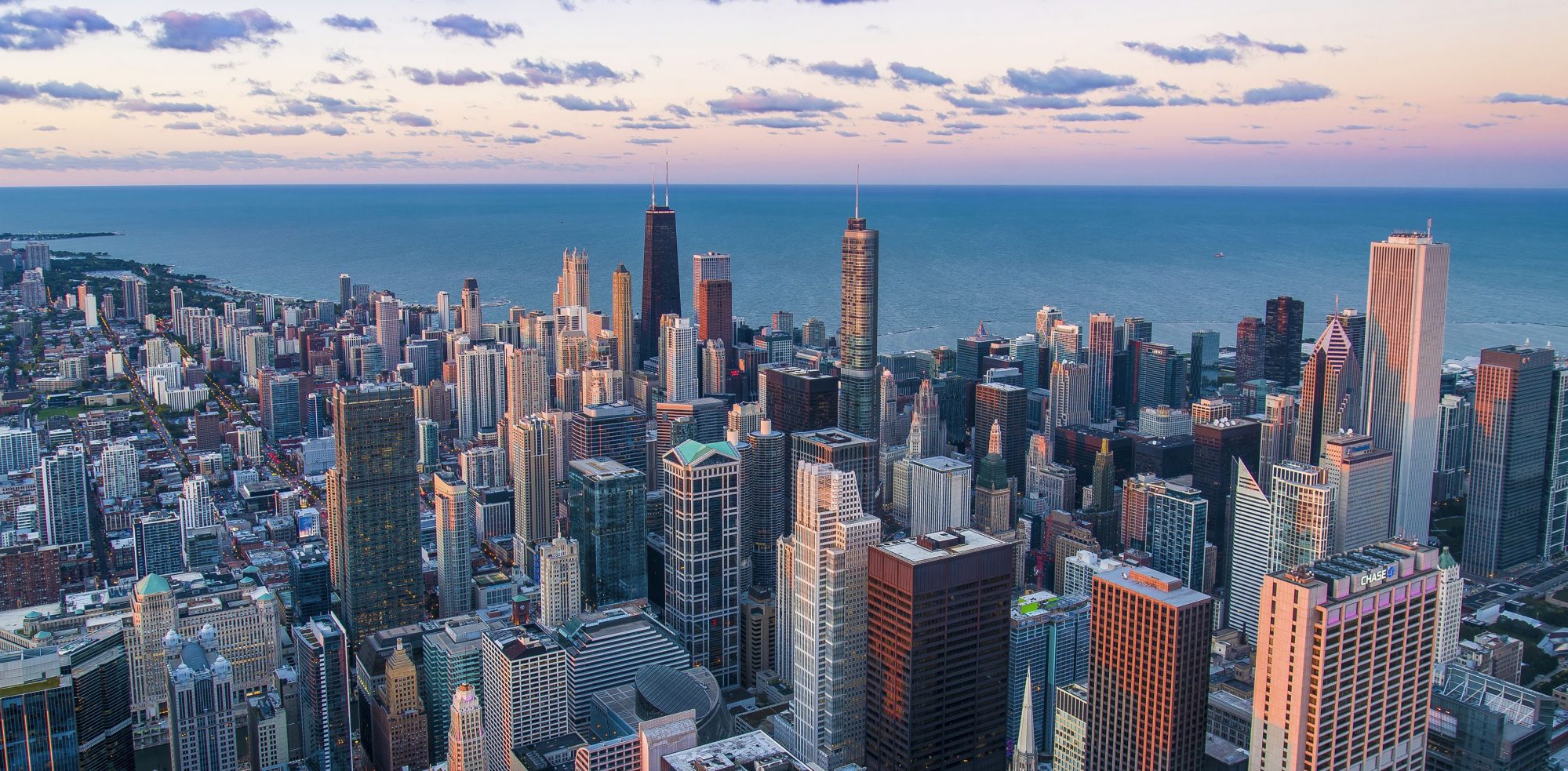Educators, Organizers, Power, and Community Self-Determination
Too often, educators and organizers become caught up in their own egos rather than focusing on the needs of the communities and students they work with. It can be easy to forget that people usually can figure out and communicate what they need if you just ask. Ella Baker, Paulo Freire, and Myles Horton are organizers and educators who believe that people know what they need and can achieve their own goals with a bit of guidance. They fall into a common ideological camp of education and organizing principles that believes in the dignity of communities and in a community’s capacity to solve its own problems. Each thinker ends up in this ideological camp despite coming from a wide range of backgrounds. Ella Baker baker was a lifelong organizer who worked with organizations like the NAACP and SNCC, Paulo Freire was a educator and educational philosopher who worked within the school systems of Brazil, and Myles Horton was an educator who founded his own school and worked outside the system in Appalachian communities. Baker, Freire, and Horton all ultimately believe that the role of a good educator is to empower individuals, giving them the opportunity for self-determination. They believe in the importance of allowing students and communities to figure out things on their own with guidance as needed. Baker, Freire, and Horton’s educational and organizational philosophies are all guided by the goal of empowering communities, giving them the right of self-determination.
Educational organizing requires that facilitators push communities to deal with tough issues in a way that makes sense for them. This is particularly difficult because it means that sometimes experienced educational organizers have to take a step back and allow communities to make decisions on their own and to make mistakes—organizers have to step back and give the community power. Horton sums up his mindset on educating and facilitating organization at Highlander, his school for social change, when he says “I was interested in going as far as I could in helping people develop the capacity to make decisions and to take responsibility, which is what I think is the role of an educator” (Horton & Freire, 1990, p. 125). The educator functions to push people to their highest capacity. Educators are not giving their students anything they do not already have—they help students and communities harness and maximize their individual capacities. Stepping back and allowing communities to evolve, determine their own path, and reach their potential is difficult, particularly when experts on certain issues are accessible.
